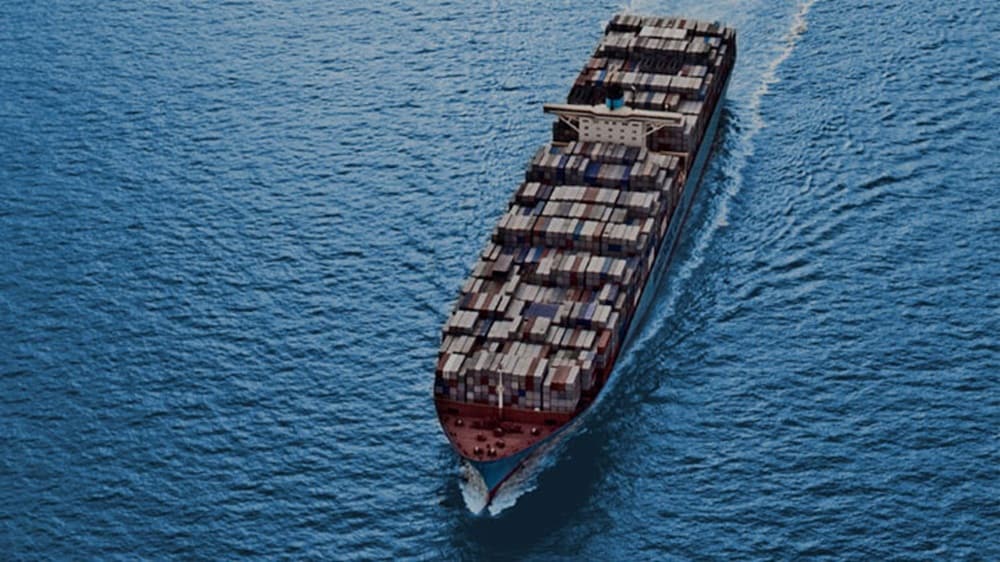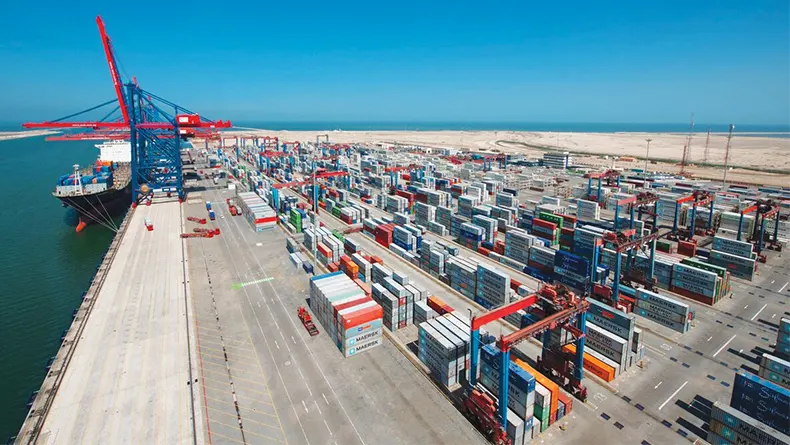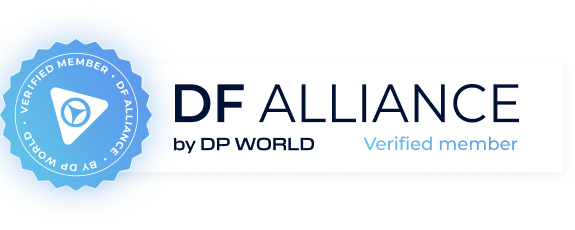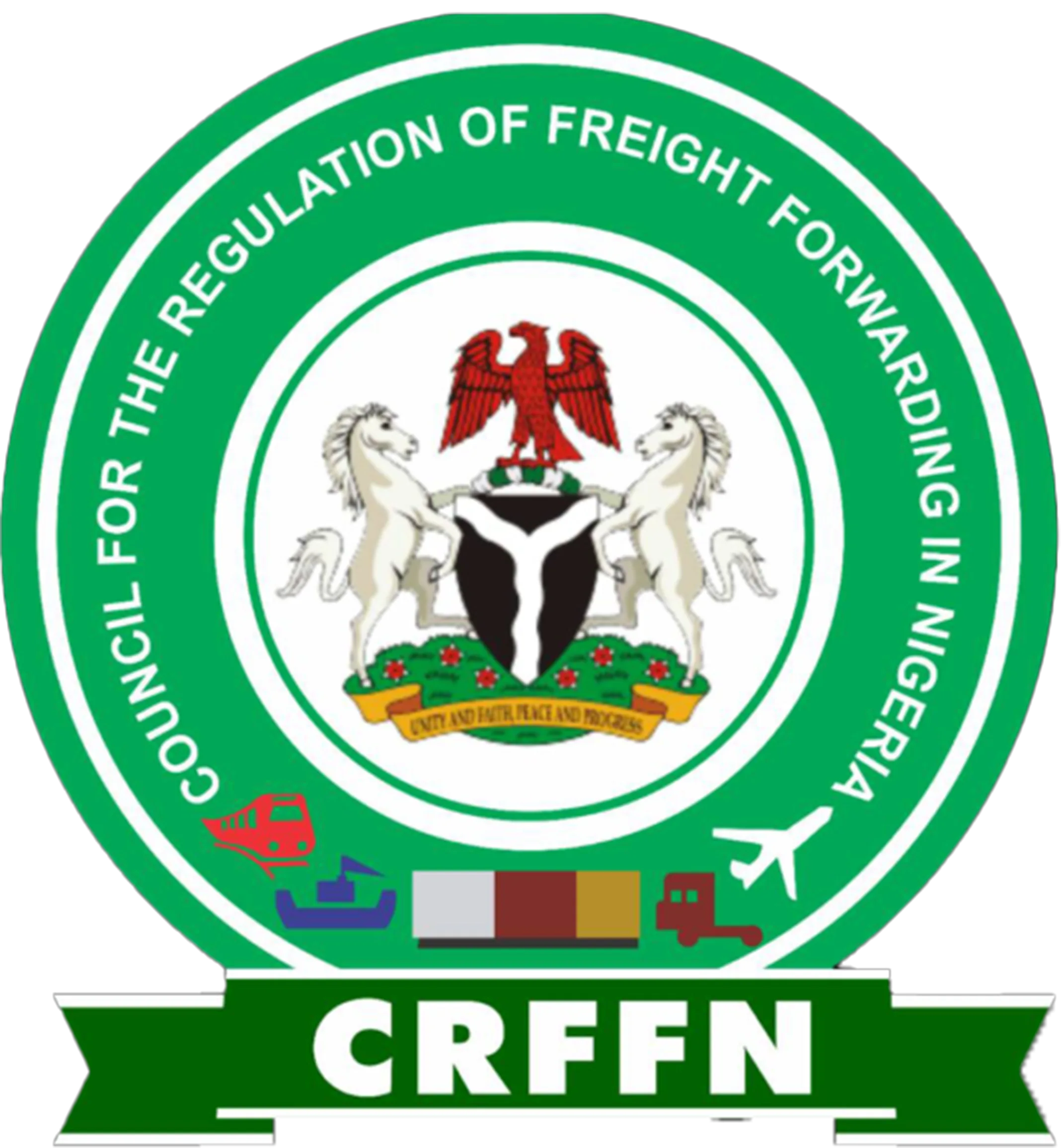Connecting Rwanda across Africa and beyond
Limark’s established presence in Rwanda is dedicated to helping businesses navigate the unique trade landscape of this dynamic East African nation. Our deep expertise in regional logistics ensures efficient cargo movement across borders, connecting Rwanda to vital regional and global markets.
With a robust network spanning over 40 African countries, Limark offers tailored solutions for your Rwandan shipments. Whether you’re exporting Rwanda’s renowned coffee, tea, or minerals, or importing essential goods and equipment, we provide end-to-end logistics services to optimize your supply chain, reduce costs, and enhance efficiency.

Import regulations
Importing goods to Rwanda requires navigating specific procedures and documentation. Here’s a breakdown of the essential requirements:
Product Categories requiring import licenses/permits
Food and agricultural products:
- All food and agricultural imports require a phytosanitary certificate issued by the Rwanda Agriculture and Animal Resources Development Board (RAB).
- Specific products like meat, poultry, fish, dairy, and plants may require additional permits or certificates from the RAB or the Ministry of Health.
- Strict adherence to sanitary and phytosanitary (SPS) standards is essential.
Pharmaceuticals and Medical Devices:
- The Rwanda Food and Drugs Authority (FDA) regulates the import of pharmaceuticals and medical devices.
- Import permits and product registration are mandatory.
- Medicines must comply with Good Manufacturing Practices (GMP).
- Medical devices must meet relevant technical standards and be registered with the FDA.
Chemicals and Hazardous Materials:
- The Rwanda Environment Management Authority (REMA) oversees the import of chemicals and hazardous materials.
- Import permits are required, and detailed safety data sheets (SDS) must be submitted.
- Proper packaging, labeling, and handling procedures are crucial.
Vehicles and Spare Parts:
- The Rwanda Revenue Authority (RRA) regulates the import of vehicles and spare parts.
- Import duties and taxes are based on the vehicle’s age, engine capacity, and value.
- Certain types of vehicles may be prohibited or restricted based on environmental or safety concerns.
Other Regulated Products:
- Additional import licenses or permits may be required for specific products like telecommunication equipment, weapons, ammunition, explosives, and radio communication equipment.
- Consult the relevant ministries or agencies for specific requirements.
Prohibited and restricted imports
Prohibited
- Narcotic drugs and psychotropic substances
- Pornographic and obscene materials
- Counterfeit and pirated goods
- Hazardous waste
- Toxic chemicals not approved by REMA
- Ozone-depleting substances
- Used refrigerators and freezers
- Used tires
- Right-hand drive vehicles (except for special purposes)
Restricted
- Live animals and animal products (require health certificates)
- Plants and plant products (require phytosanitary certificates)
- Firearms and ammunition (require special permits)
- Explosives (require special permits)
- Radioactive materials (require special permits)
Relevant agencies
- Rwanda Revenue Authority (RRA): Responsible for customs administration and enforcement of import regulations.
- Ministry of Agriculture and Animal Resources Development Board (RAB): Regulates food and agricultural imports.
- Rwanda Food and Drugs Authority (FDA): Regulates pharmaceutical and medical device imports.
- Rwanda Environment Management Authority (REMA): Regulates the import of chemicals and hazardous materials.
- Ministry of Trade and Industry (MINICOM): Oversees trade policies and promotes industrial development.
- Rwanda Standards Board (RSB): Responsible for setting and enforcing standards for imported goods.
Free Time
- Typically, 7 days for general cargo and 14 days for containerized cargo after discharge.
- Varies depending on the shipping line and port.
Demurrage charges
- Applied when the free time is exceeded.
- Calculated per container, per day.
- Rates vary depending on the shipping line, container size, and time elapsed.
Detention charges
- Applied when the container is held beyond the agreed-upon time for return to the shipping line after being picked up from the port.
- Separate from demurrage charges.
- Rates vary depending on the shipping line and container size.
Storage Limitations
- Port terminals have limited storage capacity.
- Containers not cleared within the allowed time may be moved to an off-dock depot at the importer’s expense.
Calculation Methods
Demurrage and detention charges are calculated based on calendar days, including weekends and public holidays.
Required import documentation
Commercial Invoice
- Detailed description of goods (including HS codes)
- Quantity, weight, and value of goods (in USD or RWF)
- Incoterms (International Commercial Terms)
- Payment terms
- Consignee and consignor details
Packing List
- Detailed list of all items in each package
- Description, quantity, weight, and dimensions of each item
- Package markings and numbers
Bill of Lading/Airway Bill
- Evidence of the contract of carriage between the shipper and carrier
- Details of the shipment, including the consignee, consignor, and port of loading/discharge
Certificate of Origin
- Declares the origin of the goods
- May be required for preferential tariff treatment under trade agreements (e.g., COMESA, EAC)
Import Declaration Form (IDF)
- Submitted electronically through the Rwanda Electronic Single Window (RESW) system.
- Requires detailed information about the shipment and importer.
Import Permit/License (for regulated goods)
Issued by the relevant government agency.
Other certificates
- Phytosanitary certificate (for plants and plant products)
- Health certificate (for animals and animal products)
- Certificate of analysis (for chemicals and food products)
- CITES permit (for endangered species)
- Pre-Shipment Inspection Certificate (PSI) for certain goods.
Import licenses and permits
- Identify the Regulating Agency:
Determine the specific ministry or agency responsible for your goods based on the product category. - Gather Required Documents:
- Proforma invoice or commercial contract
- Technical specifications and data sheets (if applicable)
- Certificates of origin, analysis, quality, etc.
- Business registration documents (for companies)
- Taxpayer identification number (TIN)
- Any additional documentation specific to the product or agency
- Submit Application:
- Complete the import permit application form.
- Submit the application along with required documents and fees to the relevant agency through the RESW system.
- Processing and Approval:
- The application will be reviewed and processed by the agency.
- Processing times vary but can take several days or weeks.
- If approved, the import permit/license will be issued electronically through RESW.
- Validity and Renewal:
- Validity periods vary depending on the product and agency.
- Renewal procedures typically involve submitting a new application with updated documents before the expiry date.
- Costs:
-
- Import permit fees vary depending on the product and agency.
- Additional costs may include inspection fees, testing fees, and administrative charges.
Customs clearance procedures
- Pre-arrival processing:
- Importer or their agent lodges the import declaration (IDF) through the RESW system.
- Customs performs a risk assessment to determine the need for inspection.
- Arrival and Unloading:
- Vessel or aircraft arrives at the port or airport.
- Cargo is unloaded and placed in customs control.
- Document Verification and Duty Assessment:
- Customs verifies the submitted documents.
- Import duties, taxes, and fees are calculated based on the HS code, value, and origin of the goods.
- Payment of Duties and Taxes:
- Importer or their agent pays the assessed amount.
- Inspection (if required):
- Customs may select shipments for physical inspection based on risk assessment.
- Release of Goods:
-
- If the shipment complies with all regulations and requirements, and duties/taxes are paid, customs releases the goods.
Port/Terminal operations
Major Seaports
Rwanda is a landlocked country, so imports are typically routed through the ports of Mombasa (Kenya) or Dar es Salaam (Tanzania).
Air Cargo Hubs
Kigali International Airport (KGL): The main airport for air cargo imports.
Cut-off dates
- Vary depending on the shipping line and destination.
- Confirm with your shipping agent or freight forwarder well in advance.
Documentation Requirements at Terminals:
- Ensure all required documents are submitted electronically through RESW before the shipment arrives.
- Original documents may be required for verification at the terminal.
Container Pickup/Drop-off and Storage:
- Coordinate with your shipping agent or freight forwarder for container pickup and drop-off procedures at the port of entry.
- Be aware of free time limitations and potential demurrage/detention charges.
Disclaimer: This information is based on the latest available data and may be subject to change. Always consult with relevant authorities and experts for the most up-to-date and accurate information.
Export regulations
Get a detailed guide that provides an in-depth look into every aspect of the export process to ensure your goods are shipped efficiently and in compliance with all legal standards.
Product categories requiring export licenses/permits
Minerals:
- Rwanda is a significant exporter of minerals like tin, tantalum, and tungsten. Exporting these minerals requires a license from the Rwanda Mines, Petroleum, and Gas Board (RMB).
- Exporters must comply with traceability requirements to prevent the trade of conflict minerals.
Coffee and tea:
- Coffee and tea are major agricultural exports of Rwanda. Exporting these commodities requires a license from the National Agricultural Export Development Board (NAEB).
- Exporters must meet specific quality standards and adhere to sustainable production practices.
Horticultural Products (Flowers, Fruits, Vegetables):
- Exporting horticultural products requires a phytosanitary certificate from the Rwanda Agriculture and Animal Resources Development Board (RAB).
- Additional permits may be required depending on the destination country’s requirements.
Live Animals and Animal Products
- Exporting live animals and animal products, such as meat and dairy, requires a health certificate from the RAB.
- Specific permits may be necessary for certain animal species or products.
Other Regulated Products
- Export licenses or permits may be required for other products like scrap metal, timber, and wildlife products.
- Consult the relevant government agencies for specific requirements.
Prohibited or restricted for export
Prohibited
- Narcotic drugs and psychotropic substances
- Pornographic and obscene materials
- Counterfeit and pirated goods
- Hazardous waste (Basel Convention)
- Ozone-depleting substances (Montreal Protocol)
- Weapons and ammunition (unless authorized)
Restricted
- Endangered species and products (CITES permits required)
- Live animals and animal products without proper health certificates
- Plants and plant products without phytosanitary certificates
- Unprocessed minerals (to promote local value addition)
- Rough diamonds (Kimberley Process Certification Scheme applies)
Required documents
- Commercial Invoice: Detailed description of goods (including HS codes), quantity, weight, value, Incoterms, payment terms, and consignee/consignor details
- Packing List: An itemized list of goods in each package, including description, quantity, weight, dimensions, and package markings
- Bill of Lading/Airway Bill: Evidence of the contract of carriage between the shipper and carrier, with details of the shipment, consignee, consignor, and port of loading/discharge
- Certificate of Origin: Issued by the Rwanda Chamber of Commerce and Industry, declaring the origin of the goods. It may be required for preferential tariff treatment under trade agreements (e.g., COMESA, EAC)
- Export Declaration Form (EDF): Submitted electronically through the Rwanda Electronic Single Window (RESW) system, providing detailed information about the shipment
- Export License/Permit (if applicable): Issued by the relevant government agency
Export declaration process (through RESW):
- Register as an exporter on the RESW platform
- Prepare and submit the EDF electronically through RESW
- Customs assesses the declaration and may conduct inspections
- If compliant, customs approve the export and issue an export permit (if required)
- Pay any applicable export duties or taxes
Required Export certificates
- Phytosanitary Certificate (for plants and plant products): Issued by the RAB
- Health Certificate (for live animals and animal products): Issued by the RAB
- Certificate of Analysis (for certain products): Issued by an accredited laboratory to confirm quality and safety standards
- CITES Permit (for endangered species): Issued by the Rwanda Development Board (RDB)
- Kimberley Process Certificate (for rough diamonds): Issued by the Rwanda Mines, Petroleum and Gas Board (RMB)
Major Ports
Rwanda is a landlocked country, so exports are typically routed through the ports of Mombasa (Kenya) or Dar es Salaam (Tanzania)
Cut-off Times and Procedures
- Vary depending on the shipping line, destination, and type of cargo
- Confirm with your shipping agent or freight forwarder well in advance
- Procedures typically include document submission through RESW, customs clearance, security screening, and container loading
Container Storage and Free Time
- Limited container storage is available at the transit ports
- Free time for storage varies depending on the port and shipping line
- Storage fees apply after the free time expires
Returning empty containers
- Coordinate with your shipping line or agent to return empty containers to the designated depot
- Failure to return containers on time may result in detention charges
Duties, taxes, and fees
Export Duties: Generally, Rwanda does not impose export duties on most goods. However, specific export taxes or levies may apply to certain products (e.g., minerals).
Other fees
Customs processing fees, document handling charges, terminal handling charges, storage fees (if applicable), and any specific taxes or levies related to the exported product.
Disclaimer: This information is based on the latest available data and may be subject to change. Always consult with relevant authorities and experts for the most up-to-date and accurate information.

Expertise You Can Trust
Navigate Rwanda’s complex trade regulations with confidence
Our established presence in Rwanda and deep understanding of the nation’s evolving regulatory landscape ensure your shipments navigate through East Africa’s dynamic trade corridors smoothly. We simplify complex customs procedures, tariffs, and documentation, guaranteeing efficient and compliant cross-border transactions.
Our team of seasoned supply chain experts, coupled with our ever-expanding footprint in the region, ensures seamless operations and unmatched efficiency. We uphold the highest quality standards, strategically managing every aspect of your shipment to ensure it arrives on time and in pristine condition. Partner with Limark Logistics and unlock a new era of streamlined, stress-free shipping in Rwanda.
Get Expert Guidance
Contact our regional experts
Partner with experienced freight forwarders and customs brokers for seamless shipping to and from Rwanda. Ensure full documentation compliance with the guidance and logistics services of our team.
Sales enquiries
We’re happy to talk to you about your shipment needs anytime. Please get in touch with us.
Ready to ship?
Get your shipment moving faster. Request a quote today for our end-to-end supply chain services.
Other African Countries










